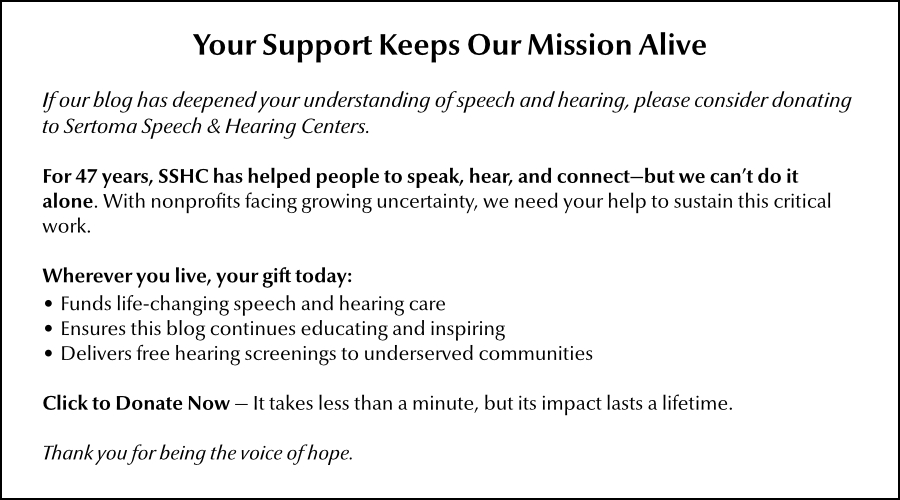Picture starting your week knowing every hallway conversation and Zoom call will feel like a pop quiz you didn’t study for. Hearing loss can turn an ordinary office into a minefield—unless you have a plan.
Why it matters
A new study shows young workers with hearing loss are 12 % less likely to land paid jobs. The effect of hearing loss was particularly significant for Black and Hispanic participants, who had 98% and 99% lower odds of being in paid employment compared to their hearing peers.
Context: One in six people worldwide already live with some form of hearing loss. By 2050, that climbs to one in four, costing the global economy a trillion dollars a year in lost output and sick days.
The study
The researchers tracked 27,000 Americans for two decades, adjusting for race, education, and overall health to isolate hearing as the key variable.
- Observational study using the US National Longitudinal Study of Adolescent to Adult Health
- Analyzed two age groups:
- Wave IV (ages 24–32, n = 15,701)
- Wave V (ages 33–43, n = 11,955)
- Data analyzed: Study participants self-rated their hearing quality (without hearing aids) and presence of tinnitus (ringing/roaring/buzzing) in the past year.
Findings
Prevalance of hearing loss and tinnitus:
- Wave IV (ages 24-32): 0.8 % hearing loss only, 5.8 % tinnitus only, 0.5 % both.
- Wave V (ages 33-43): 1.4 % hearing loss only, 8.8 % tinnitus only, 1.4 % both.
- Notable: Black and Hispanic participants were less likely to report hearing problems, which suggests many cases slip through the cracks and widen the pay gap.
Income effects:
- Participants with hearing loss only had 33 % lower probability of being in a higher income category.
- Participants with both hearing loss and tinnitus had a 19 % lower probability.
- Tinnitus alone had no significant impact on income.
 Treating hearing loss early is a pay raise waiting to happen.
Treating hearing loss early is a pay raise waiting to happen.
The challenge
Any role that hinges on quick back-and-forth—sales floors, classrooms, hospital wards—becomes a daily obstacle course when you miss every third word. Missed instructions turn into missed promotions.
“We found that these detrimental effects are especially pronounced among Black and Hispanic individuals, who face additional barriers to employment and income. Our findings highlight how hearing health can shape early career outcomes and long-term financial stability.” —lead author Molly Jacobs, PhD, associate professor, University of Florida, Gainesville
The takeaway
Early screening, affordable hearing care, and simple improvements to workplace technologies—like captioned Zoom calls—can help retain talent and start closing income gaps.
Treating hearing loss early isn’t just good medicine; it’s a pay raise waiting to happen.
"To reduce the impact of hearing loss on employment, we need better access to hearing care, early screening, and workplace support like assistive technologies or flexible communication options.” —Dr. Molly Jacobs
Don't miss a pay raise
Learn about the health of your hearing with a free 15-minute hearing screening by an audiologist.
★ Call 708-599-9500 to schedule your free screening.
★ For facts about hearing loss and hearing aid options, grab your copy of The Hearing Loss Guide.
★ Sign up for our newsletter for the latest on Hearing aids, dementia triggered by hearing loss, pediatric speech and hearing, speech-language therapies, Parkinson's Voice therapies, and occupational-hearing conservation. We publish our newsletter eight times a year.
Take the first step today and give your career the clear, confident future it deserves.


